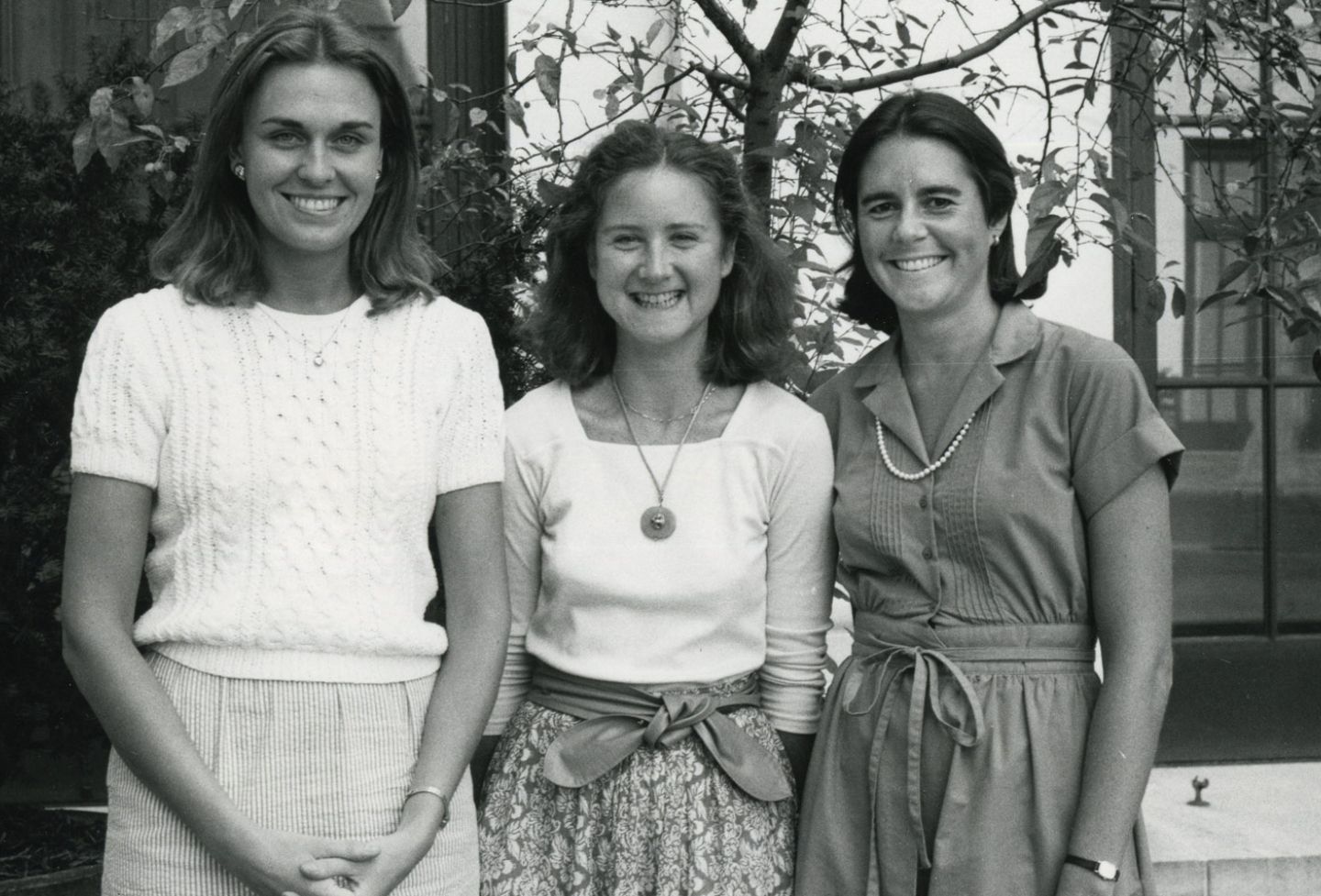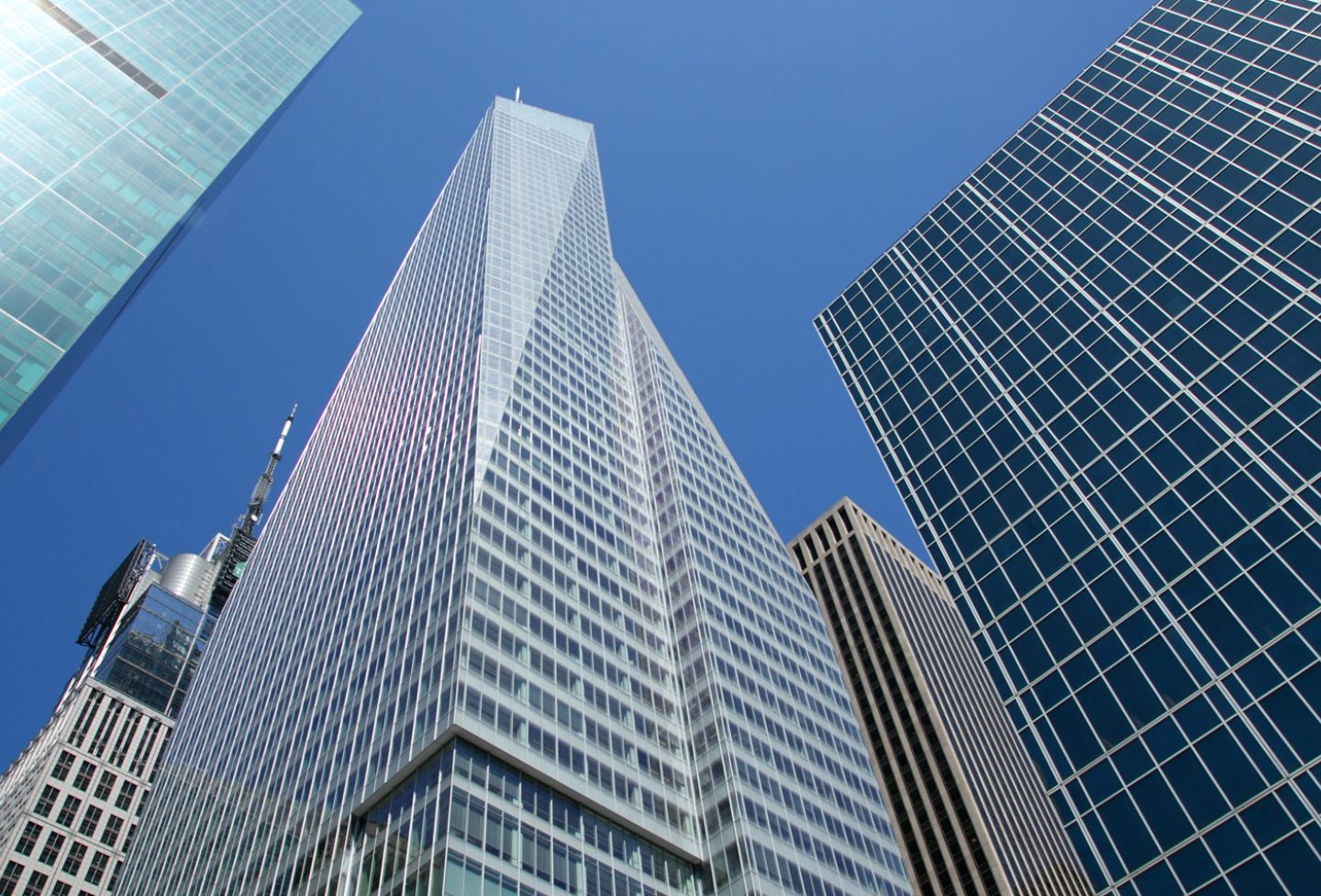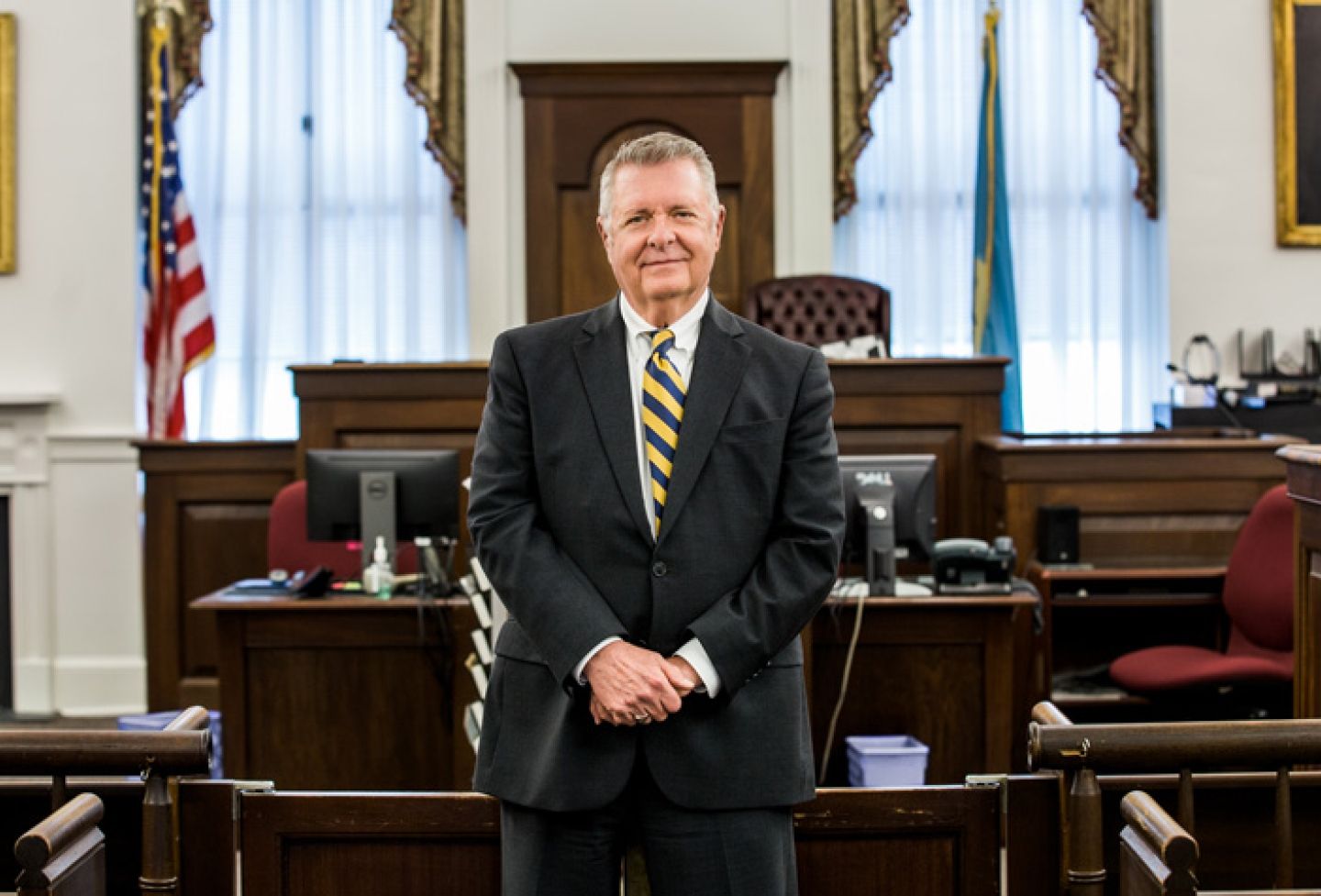Former Student Bar Association President Sarah Baker is now the inaugural leader of We The Action, a platform based in Washington, D.C., and launched in 2017 to connect lawyers who want to volunteer with nonprofits that need legal help.
She previously served as a lawyer in President Obama’s Office of White House Counsel, first working on the vetting team for nominees for office and then leading the team. She also worked as senior policy director for Jill Biden and as an associate at Hogan Lovells.
How did you get involved with We The Action?
After I left the White House, I took a little bit of time off and sort of regrouped. I looked at what I had done in my career that I liked, where I thought I’d done well, and at the skills that I really wanted to draw upon in my next job and thought a lot about things like: How do I want to feel in the morning when I go to work? And, what was my obligation at this time in our nation’s history?
It was that thought process that led me to We The Action.
I was one of the thousands of lawyers who went to the airport and tried to help [when the executive order limiting visas in several countries was first announced].
I had friends who wanted to go to airports but don’t live near an international airport, or have children and their schedules didn’t allow it. It was becoming clearer and clearer that there were a lot of people who wanted to do something.
But there was no ready way to have people plug their skills as lawyers into what the needs were and what the needs frankly have always been. People who work at law firms are really fortunate to have access to great pro bono departments, particularly those who work at large law firms, where they have really wonderful opportunities to help people.
But a lot of lawyers don’t work at large law firms. A lot of large law firms don’t offer the kinds of pro bono opportunities that lawyers are looking to do. And so I started to think this idea [that the co-founders had] for We The Action, which was to create a platform to make it really easy to connect supply and demand, is a really great idea.
And if this would be useful in my life, I assume it would be useful in other people’s lives. That has certainly proven to be true, because we’ve grown pretty tremendously over the last two years.
Every single day, I get to come in and see the best side of the legal profession. I get to see the best side of humanity. In a profession where time is actually money, people are using their time to help others.
What do you think took you from lawyer to leader?
When I was working in the White House Counsel’s Office, I was surrounded by some of the smartest lawyers in the country — most of them had clerked at the Supreme Court. All of them were incredibly impressive. And I think I needed to figure out what skills I had that would make me feel less intimidated by having these really impressive colleagues.
I started to draw on what I think are totally unfairly described as “soft skills” — understanding people and managing a lot of different things, a lot of different issues and problems, and tackling problems from sort of different directions, but also incorporating a lot of human skills.
That’s where I felt like I had more to contribute and where I could demonstrate my value to this incredibly august group.
I think my leadership style is very collaborative. And I believe that most decisions are better made with more voices at the table and the contributions of others, which probably takes me back to why UVA was so appealing to me to begin with. That’s never left who I am and is very much part of how I do my job now.
How did you become dedicated to pro bono work?
I was one of the kids who would hear some story on the news that broke my heart. And I would knock on people’s doors and collect money and send $27 to a relief organization. I think that was just sort of always part of who I was.
I have felt very, very, very fortunate in my life. And I’m cognizant that a lot of that is the result of luck. And I’ve always felt not so much an obligation but a desire to want to give back, because I feel like I’ve been given so much.
Sometimes, I find myself talking to young law students or being part of panels with people who are doing public service. And I’m always careful to point out that just because you don’t choose public interest as a profession, as a path, that doesn’t mean that you aren’t a “public service” person and that you can’t do good work for people who need it and use your law degree for good.
Most of our community right now at We The Action work at law firms. And these are people who spend an hour every few months reviewing a lease for a rural health clinic or doing research for a voting rights organization. Lawyers sometimes get a bad rap, but a law degree is an incredible tool for good. And it’s inspiring to see so many lawyers using their law degrees to help organizations, institutions and people facing some of their darkest hours.
More ‘From Lawyer to Leader’ Stories
- Nancy L. Buc ’69, former chief counsel, FDA
- Elissa Cadish ’89, justice, Supreme Court of Nevada
- Terrica Ganzy ’02, deputy director, Southern Center for Human Rights
- Barbara Jeremiah ’77, former executive vice president, ALCOA
- Jennifer McClellan ’97, Virginia state senator
- Catharina Min ’90, partner, Covington & Burling
- Susan W. Murley ’86, co-managing partner, WilmerHale
- Heather Podesta ’97, founder and CEO, Invariant
- Mary Ellen Powers ’80, partner-in-charge, Jones Day Europe



